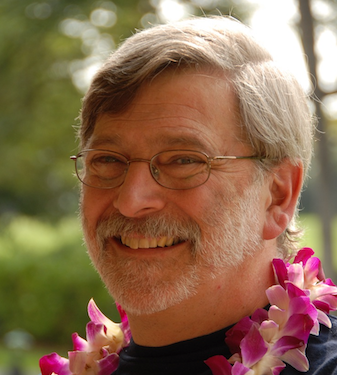Scouts or Warriors
(In response to the person who insisted on believing the science he learned in high school - decades ago.)
Cognitive neuroscience shows us that humans fall on a continuum between two poles that I like to label as the Warrior Perspective and the Scout Perspective. (With a shoutout to Julia Galef, whose interests are the philosophy of science and applied rationality, and who has written about this.)
Scouts are comfortable exploring new territory, They tend to be more intellectually humble and open to new ideas. They are more abstract and flexible in terms of thinking and problem solving. They value data over intuition. They tend to be more comfortable with nuance and uncertainty and more comfortable with activities that require high cognitive loads. They tend (more than Warriors) to use Kahneman’s System 2 approach.
Warriors prefer the status quo over change and tend to default to defending their current beliefs and perspectives. They are less open to new ideas. They are more concrete and rigid in their thinking and problem solving. They value intuition over data. They prefer certainty and are uncomfortable with and may feel threatened by nuance. They tend to avoid processes that require high cognitive load and are more likely to default to Kahneman’s System 1.
Individuals are not fixed in one place on this continuum. Rather, their location on the continuum at any given time is contextual, related to the specific topic and their perceived level of stress or threat. Individuals may function as a Scout in one context and a Warrior in another. Stress or threat moves everyone towards Warrior mode.
There is both group data and individual neuroscience data to support this perspective. Not surprisingly, populations with specific social identities or ideologies are not evenly distributed along the Scout-Warrior continuum. Self-identified liberals and progressives tend toward the Scout mode and self-identified conservatives tend toward the Warrior mode. Creators like artists, authors, musicians tend toward the Scout mode. Politicians tend toward the Warrior mode.
I find it useful, when I find myself reacting negatively to a perspective or piece of information, to ask myself: at this moment, am I being a Warrior rather than a Scout? Asking myself this helps remind me to be intellectually humble, open to new and different information and ideas, and willing to change my mind.

